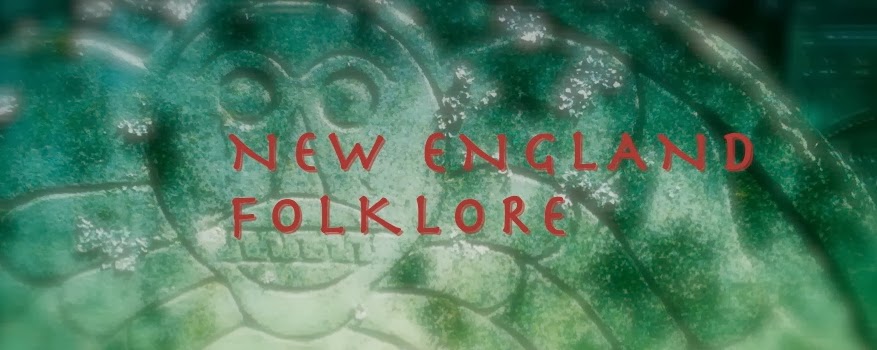The answer is that the mountain suffers from a curse placed on it by an angry Native American. I thought this would make a great blog post. Due to our schedule we unfortunately didn't get to Chocorua, but here's the blog post anyway.
The legend goes something like this. Chocorua was a Native American who lived with his young son in the area that is now Tamworth, NH. Unlike some other Indians in the area Chocorua was willing to trust the English settlers who were slowly populating the mountains. Even though his fellow tribesmen told him about the massacres and wars that had happened in southern New England, Chocorua still thought the newcomers should be given a chance.
Chocorua was particularly friendly with a settler named Cornelius Campbell and his family. One day Chocorua was called away for tribal business and asked if Cornelius could watch his young son while he was gone. Being a friendly neighbor, Cornelius said yes.
 |
| Thomas Cole, Mt. Chocorua, 1827. Thanks Wikipedia! |
And here's where things go horribly wrong.
Cornelius and his family went out to work in the fields, leaving Chocorua's son alone in the house. Looking for something to drink, the little boy uncorked a bottle of fox poison and swallowed it down. By the time the Campbells returned home the child was stone-cold dead.
When Chocorua learned his son had died he was driven mad by grief. The Campbells tried to tell him it was an accident but he didn't believe them. "The other Indians were right! You Englishmen are murderers out to seize our land!" he cried before running off into the night.
In revenge, the next day Chocorua murdered Cornelius's wife and children with a hatchet. Cornelius gathered together the other English settlers and they chased Chocorua through the forest up to the peak of a mountain. Realizing that he was trapped Chocorua turned to face his pursuers and delivered the following curse:
"A curse upon you, white men! May the great spirit curse you when he speaks in the clouds, and his words are fire! Chocorua had a son and you killed him while the sky looked bright. Lightning blast your crops! Winds and fire destroy your dwellings! The Evil One breathe death upon your cattle! Your graves lie in the war-path of the Indian! Panthers howl and wolves fatten over your bones! Chocorua goes to the Great Spirit. His curse stays with the white man."
Campbell fired his rifle, and Chocorua fell to his death from the mountain peak. His curse was swiftly fulfilled. The mountain where he died became barren. No crops would grow on its slopes, the trees on its summit died, and even the animals abandoned it. Any cattle who drank water near Chocorua died. The English settlers avoided the mountain, and its peak remains lifeless and barren even today.
I like this story, despite its grim ending. The cross-cultural misunderstanding and mistrust at the heart of it seem very realistic to me. I don't think we'll ever know the exact truth of the story, but it appears to be quite old.
A mountain named "Corua" is mentioned in Jeremy Belkap's 1784 Journal of a Tour of the White Mountains, and it is labelled "Chocorua" on a 1791 map. A few years later Henry Wadsworth Longellow wrote a poem called "Jeckoyva" about a mountain where an Indian chief was found dead at the base of a cliff.
The full story of the curse was first written down in October of 1828 by the painter Thomas Cole, who heard it while he was touring the White Mountains. Cole wrote in his journal:
We came out at length, to a lonely and deserted clearing, just at the foot of the mountain. The cause of this abandonment is, they say, the poisonous effects of the water upon the cattle; the result, according to tradition, of the curse of Chocorua, an Indian, from whom the peak, upon which he was killed by the whites, takes its name.
The brief legend that Cole wrote down was expanded by Lydia Marie Child in 1829 for a book called The Token: A Christmas and New Year's Present, which also contained an engraving by Cole showing Chocorua's death. Child's version became quite popular, and inspired multiple other variations, including the one I recounted above, which is from Charles Skinner's Myths and Legends of Our Own Lands (1896). (I found the history of the legend in an article by Lawrence Shaw Mayo in the September 1946 issue of the New England Quarterly.)
I do think there is a nugget of truth at the core of this legend, but I think the original details are probably lost in the early unrecorded years of the White Mountains.

1 comment:
Thank you for this blog, very interesting and much appreciated!
Post a Comment